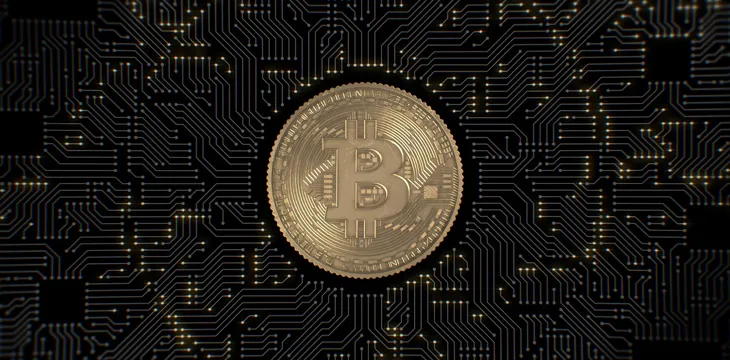|
Getting your Trinity Audio player ready...
|
More legal trouble is coming Bitmain’s way, this time courtesy of China’s internet regulator.
On January 10, the Cyberspace Administration of China (CAC) outlined the final draft of its regulations for the management of blockchain information services in the country. The rules, which will come into effect on February 15, aims to guard national security and public interest, and protect the rights of its citizens and legal entities, while also promoting the development of blockchain technology and related services in the country.
Under the new regulations, blockchain information service providers are within the purview of the CAC and a range of penalties has been outlined for the violation of the provisions.
What does this mean for Bitmain?
A CAC official defines a blockchain service provider as “the main body or node that provides the blockchain information service to the public, and the organization or organization that provides technical support for the blockchain information service.” Beijing-based Bitmain Technologies Holding Company describes itself as “China’s second largest and among the world’s top ten fabless IC design companies in terms of revenue in 2017.” In addition, the company manages some 11 mining farms in Sichuan Province, Zinjiang and Inner Mongolia, offering custodian services for customers’ mining hardware, and also operates mining pools—BTC.com and Antpool.
According to the new CAC regulations, blockchain service providers need to implement “information content security management responsibility” and a “true identity information authentication system,” among other things.
For Bitmain, this identity authentication system may mean that its miners can be held accountable for validating toxic transactions like OP_DATASIGVERIFY (OP_DSV), also known as OP_CHECKDATASIG. This is an opcode, not contained in the original Satoshi protocol, which ABC added to BCH during the November protocol upgrade.
https://twitter.com/ElliotBSV/status/1083753491074473984
Founding President of bComm Association Jimmy Nguyen has already warned of the legal risks that OP_DSV presented as it knowingly introduces illegal transactions into the BCH chain. He explained:
“Like any technology feature, op codes can be used for both lawful and non-lawful purposes. The problem for OP_DSV is that its key proponents vocally proclaim uses cases that are, at best, legally problematic, and at worst, clearly illegal. This makes it apparent up front that code developers and companies which then use DSV transactions for those problematic purposes know or “reasonably foresee” that OP_DSV can be used for illegal activity.”
This may make it very hard for Wormhole to operate. Once the first illegal drug trade is done on BCH, then miners will be asked not to verify txns with those blacklisted oracle keys. So they either comply and Wormhole loses it functionality, or the miners get shut down.
— Jerry David Chan (@digitsu) January 12, 2019
This is one of the many reasons why Bitcoin SV opposes the enabling of non-Satoshi opcodes—not only do they present legal risks, but it’s clear that the original Bitcoin protocol has everything it needs to enable development. Bitcoin SV is the simpler approach to not just restore the original Bitcoin protocol, but also keep it stable and allow it to massively scale. As Nguyen puts it, “In order to achieve the Satoshi Vision – a world where big businesses and billions of people use Bitcoin – we need the [Bitcoin] network to operate in the real world. Bitcoin must meet the needs of real businesses, real people, and real laws.”
https://youtu.be/gBb9FSxfyVs

 07-03-2025
07-03-2025 





